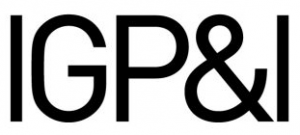Use of worn mooring lines, overtightening of the brakes, or sudden movements of the ship are some of the main reasons for ropes straining beyond their breaking limits and parting. Parting of tensioned mooring lines has been associated with some of the worst human injuries, and loss of life registered in Gard’s claims portfolio.

Are you snap-safe?
Published 20 September 2023
The victims are usually the crew handling the line, the winch operator and/or the supervising officer. A parting line has the potential to flex the whole distance from the place where it parts to the place where it is attached. A typical example can be found in this investigation report by the Swedish Accident Investigation Branch.
During the pre-mooring tool box talks, crew members should discuss not only the hazards of snap-back but also potential snap-back zones. Depending on the mooring pattern, the configuration of these unsafe areas can change. It is therefore not recommended to mark these zones on decks as it may give the seafarer standing outside the painted zones a false sense of security. Code of Safe Working Practices (2015 edition) recommends that “a bird’s eye view of the mooring deck arrangement is produced to identify danger areas” and that “the whole mooring deck may be considered a danger zone.” Crew members are also recommended to look out for each other and if a fellow crew member is standing in a potentially unsafe area, then they should be warned.
Further information
Case study: Mooring operations
Loss Prevention poster: Are you snap-safe?
Be careful with lines under tension
"Stop, Think, Stay Alive" - understanding the risks in mooring operations





